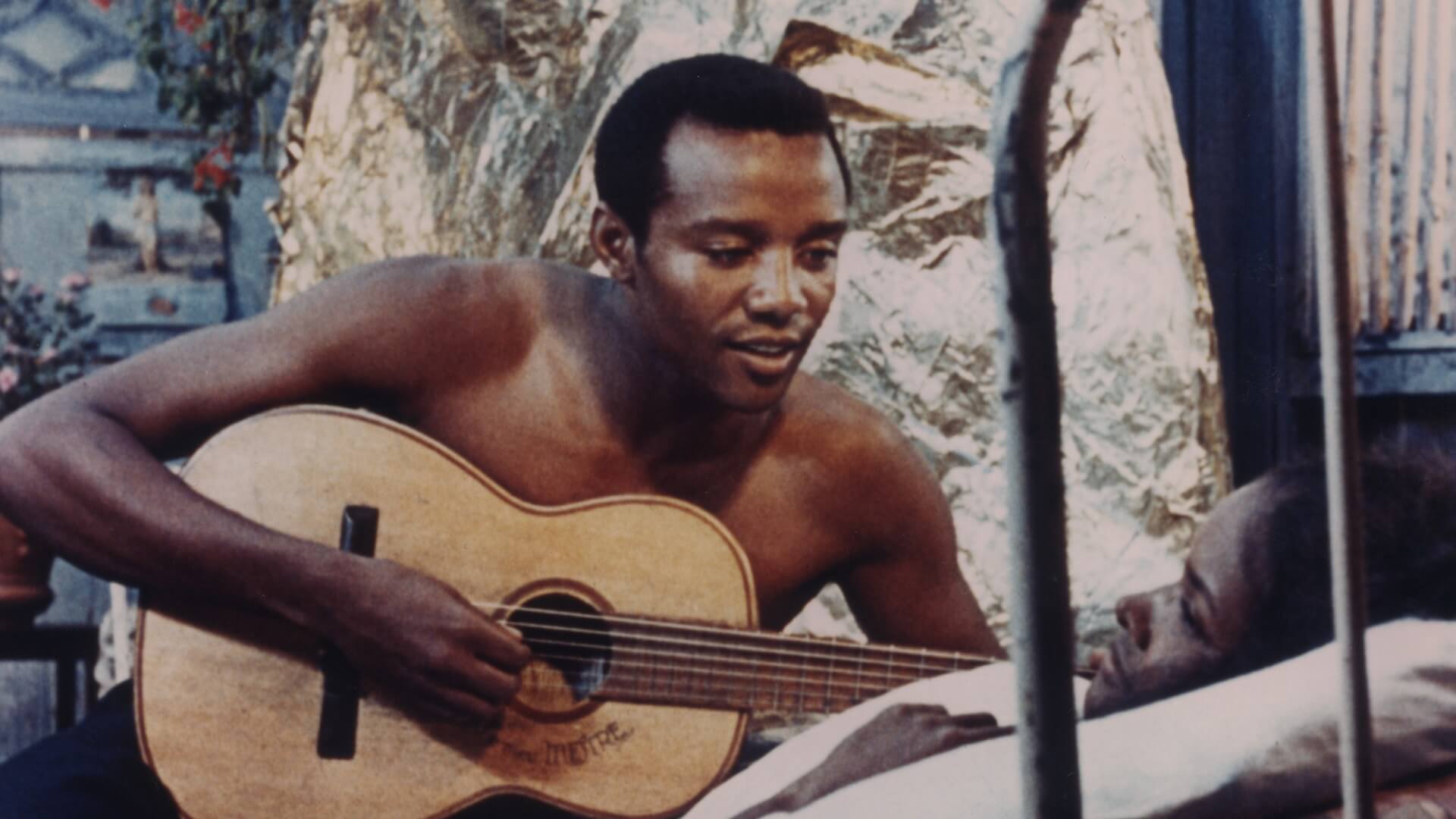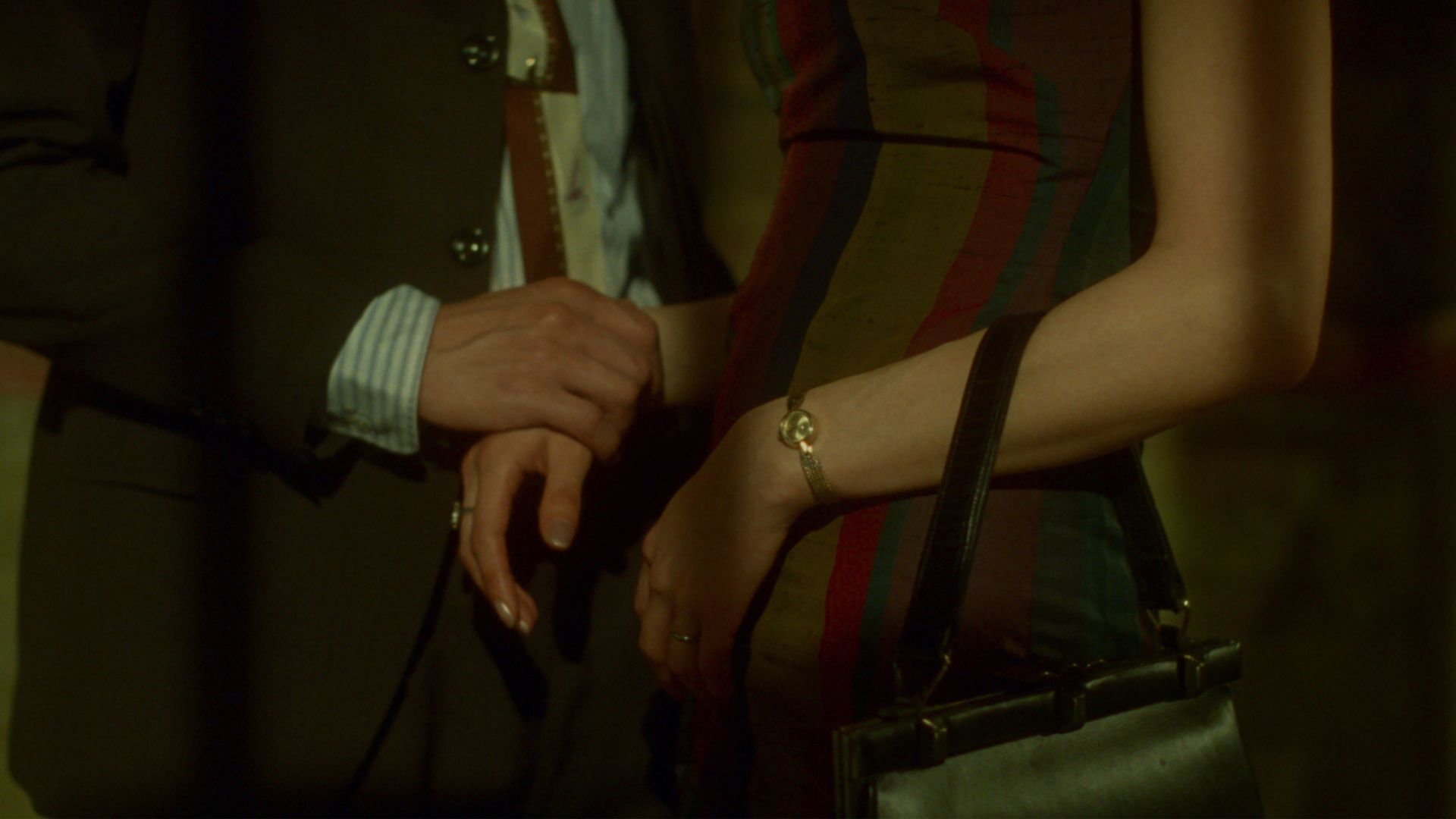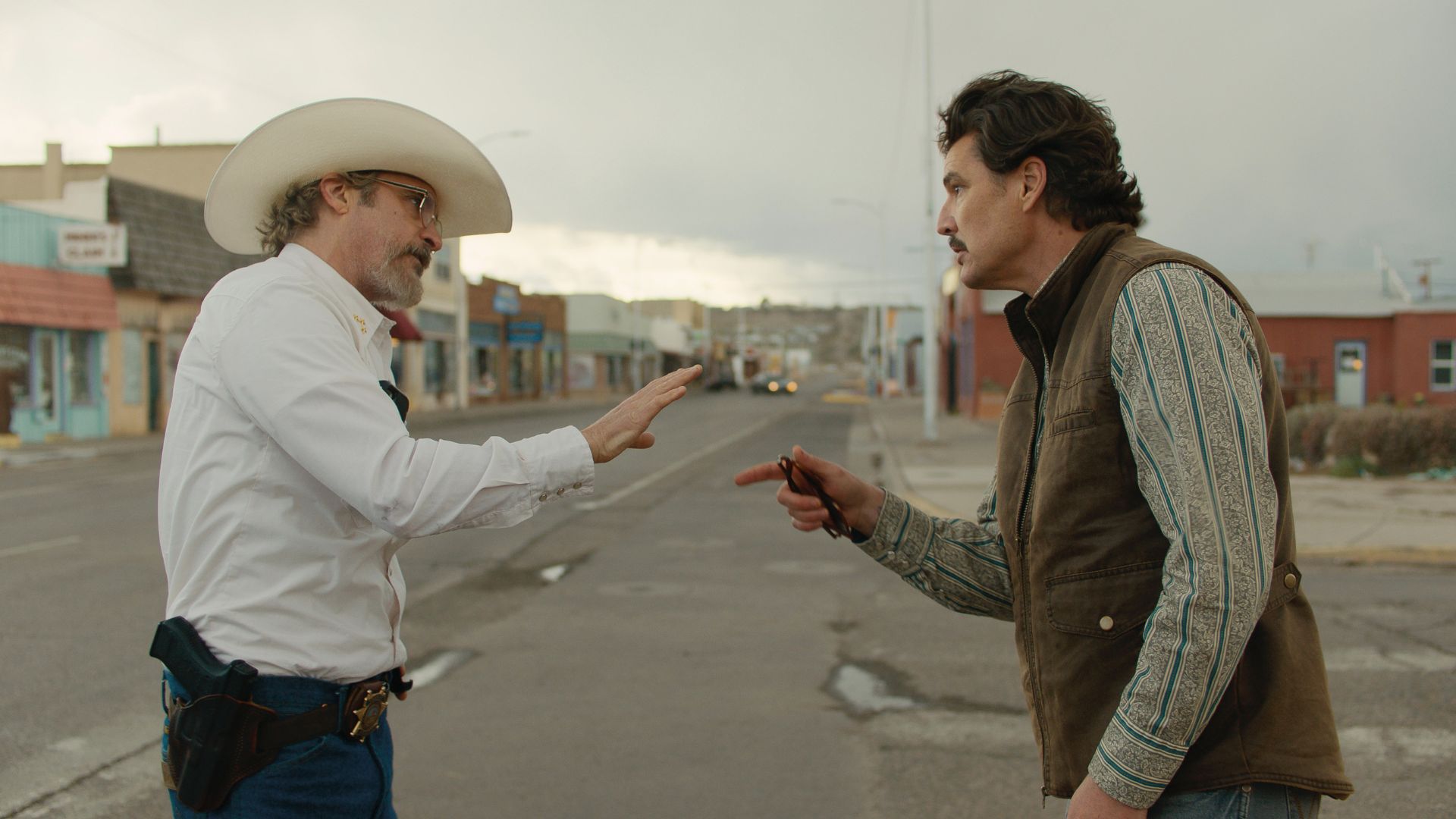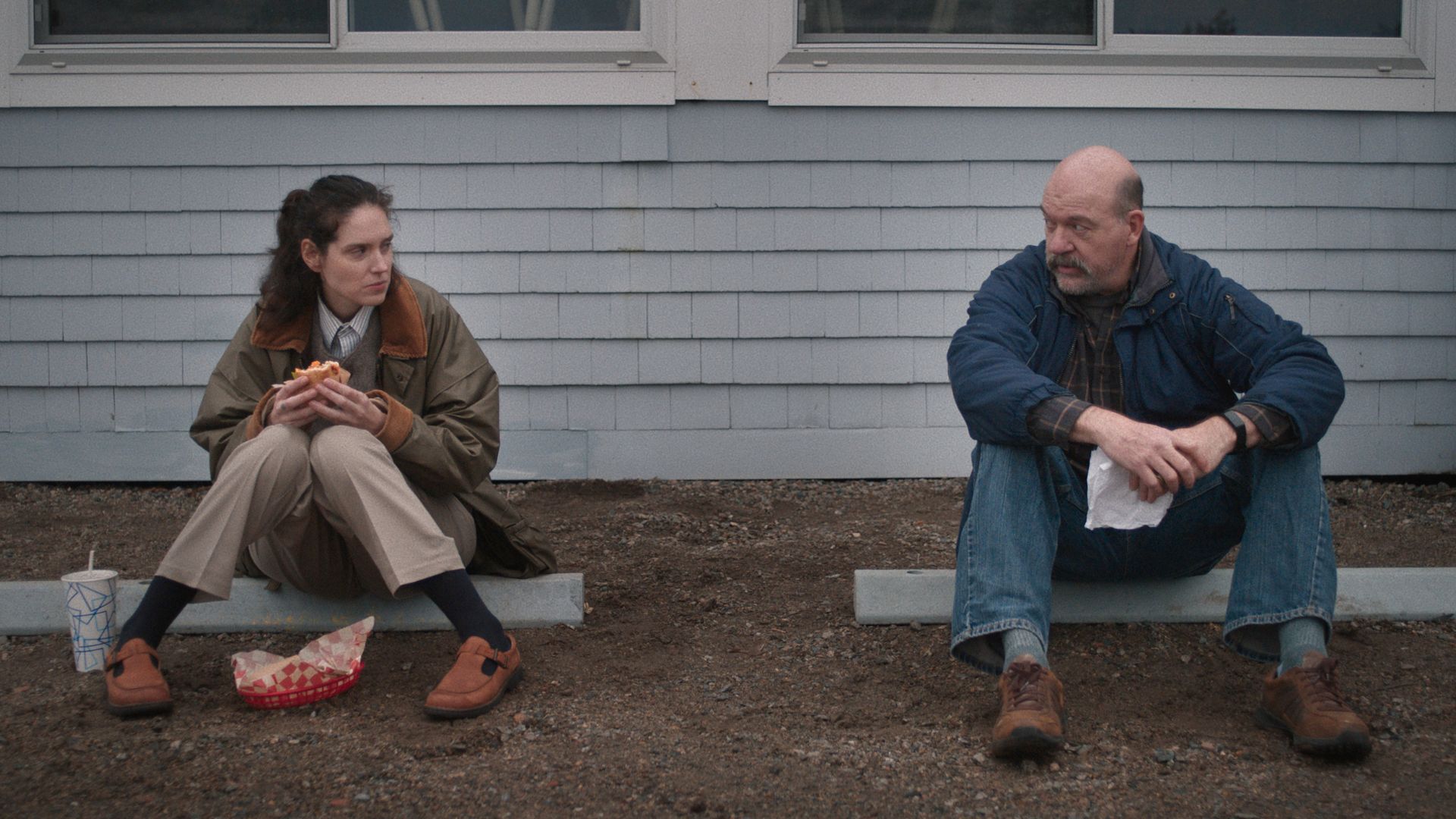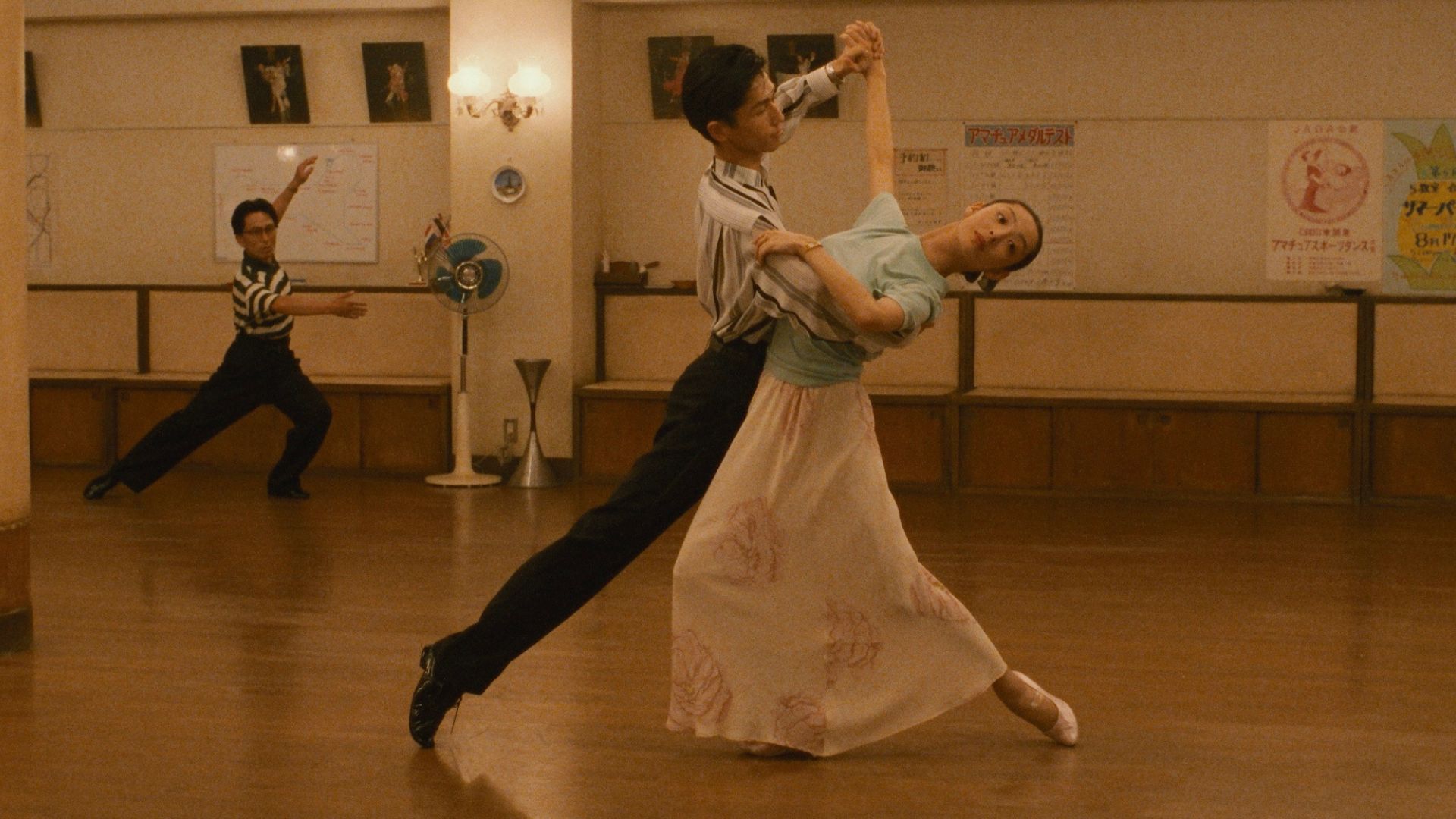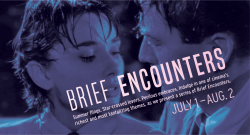Miró Quartet selects
BLACK ORPHEUS
“There is no story more rooted in the power of music than that of Orpheus and his lost love, Eurydice; for it is the power of Orpheus’ lyre, not his heroism, that brings Eurydice back from the dead. Music’s power to go beyond death is only highlighted the more by his human weakness, which in a fateful forbidden glance loses her tragically the second time. With its enduring theme of art transcending our frail humanity, it makes sense that for almost 2500 years this lovers’ tragedy has been woven into poetry, plays, opera, and film. With its themes of passion, magic, and mystery all played out in a multiracial tropical setting, Black Orpheus is a piece of cinema art that is as gorgeous and energetic as it is electrifying and visceral. I first saw this film as a teenaged music student in the 1980s and its impact has never left me.”—John Largess, violist of the Miró Quartet
The Miró Quartet, which The New Yorker has called “furiously committed,” was one of the first ensembles to participate in Caramoor’s quartet-in-residence mentoring program (in 2000-01). When not performing with the Miró Quartet, John Largess can be found participating in archaeological digs, cooking, and teaching yoga.
ABOUT THE FILM
With its samba-heavy score by Luis Bonfá and Antônio Carlos Jobim, this tragic romance transposes the Greek myth to the modern context of a favela in Rio de Janeiro during Carnaval. It won the Palme d’Or at Cannes and the Academy Award, the Golden Globe, and the BAFTA Award for Best Foreign Language Film.
